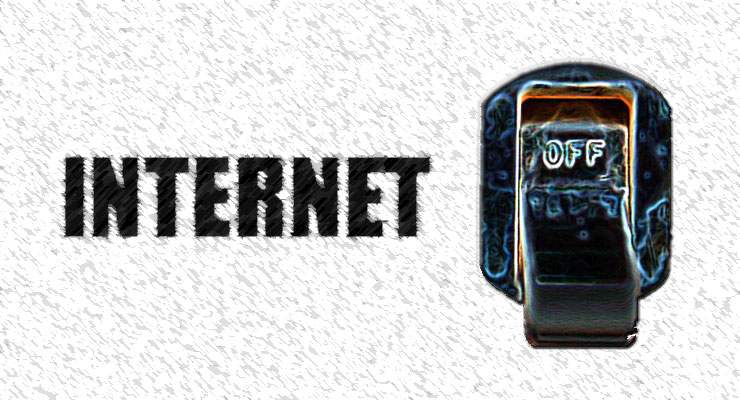 This interesting article is from The Committee to Protect Journalists:
This interesting article is from The Committee to Protect Journalists:
Internet shutdowns have serious consequences for press freedom and leave journalists struggling to do their job effectively, CPJ has found. Turning off or limiting access to the internet means that media workers are unable to contact sources, fact check data, or file stories until after an event has happened. Shutdowns are more likely to happen during times of conflict, political unrest or during an election period and are used by governments to limit the public’s access to information, according to international monitors at Access Now.
There are different types of internet shutdowns and they may occur throughout a country or only in certain regions. Journalists facing a total shutdown will witness a complete disruption of the internet and telecommunications, meaning that they are unable to access the internet or contact others by landline or cell phone. Governments may order internet service providers to restrict specific sites or services, such as communications apps or YouTube, in a partial shutdown that may also restrict media workers’ ability to communicate with others or upload content onto the internet. Another method of controlling the internet is to slow down the internet speed, rendering it effectively useless as pages are unable to load and people are unable to upload content.
Preparation is key when it comes to dealing with all types of internet shutdowns. The following information can be useful for journalists concerned about internet shutdowns.
Read the full article here.
Leave a Reply